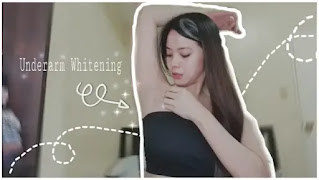RELATED: How to Get Certificate of Indigency
Coverage: Indigent members are automatically enrolled and covered under the PhilHealth program. The female spouse of the identified indigent family may be designated as the primary member.
Premium Contribution: Indigent members are entitled to full subsidy, with their premium contributions being covered by the national government through the DSWD.
In summary, while both Indigent Members and Sponsored Members may receive assistance with their PhilHealth premiums, the distinction lies in their eligibility criteria and the entities responsible for covering their contributions. Indigent members are automatically enrolled and receive full subsidy from the national government through the DSWD, while sponsored members may include various groups whose premiums are covered by different sponsors, including government agencies, NGOs, or private organizations.
loading...
Indigent Members
Eligibility: Indigent members are individuals identified by the Department of Social Welfare and Development (DSWD) under the National Household Targeting System (NHTS) for Poverty Reduction or other acceptable methods. They are typically families living below the poverty line.
Coverage: Indigent members are automatically enrolled and covered under the PhilHealth program. The female spouse of the identified indigent family may be designated as the primary member.
Premium Contribution: Indigent members are entitled to full subsidy, with their premium contributions being covered by the national government through the DSWD.
Sponsored Members
Eligibility: Sponsored members encompass various groups of individuals who may not qualify as indigent but still require assistance in paying their PhilHealth premiums. This category includes members from different segments of society who may need financial support.
Coverage: Sponsored members are typically covered by other individuals, government agencies, or private entities who sponsor their PhilHealth membership. These sponsors may include local government units (LGUs), legislative sponsors, NGOs, or private organizations.
Premium Contribution: The premium contributions of sponsored members may be paid for by various entities depending on their circumstances:
- Informal economy workers from the lower income segment: Premium contributions may be subsidized by LGUs or covered through cost-sharing mechanisms between/among LGUs, legislative sponsors, and/or other sponsors, including the national government.
- Orphans, abandoned minors, abused minors, out-of-school youths, street children, persons with disabilities (PWDs), senior citizens, and battered women: Their premium contributions may be paid for by the DSWD if they are under its care or by NGOs or non-profit private organizations.
- Barangay health workers, nutrition scholars, barangay tanods, and other barangay workers and volunteers: Their premium contributions are fully borne by the concerned LGUs.
- Un-enrolled women about to give birth: Their premium contributions may be fully covered by the national government, LGUs, legislative sponsors, or the DSWD if they are determined to be indigent through means testing.
Here's a list of PhilHealth Inpatient & Outpatient Benefits











0 Mga Komento